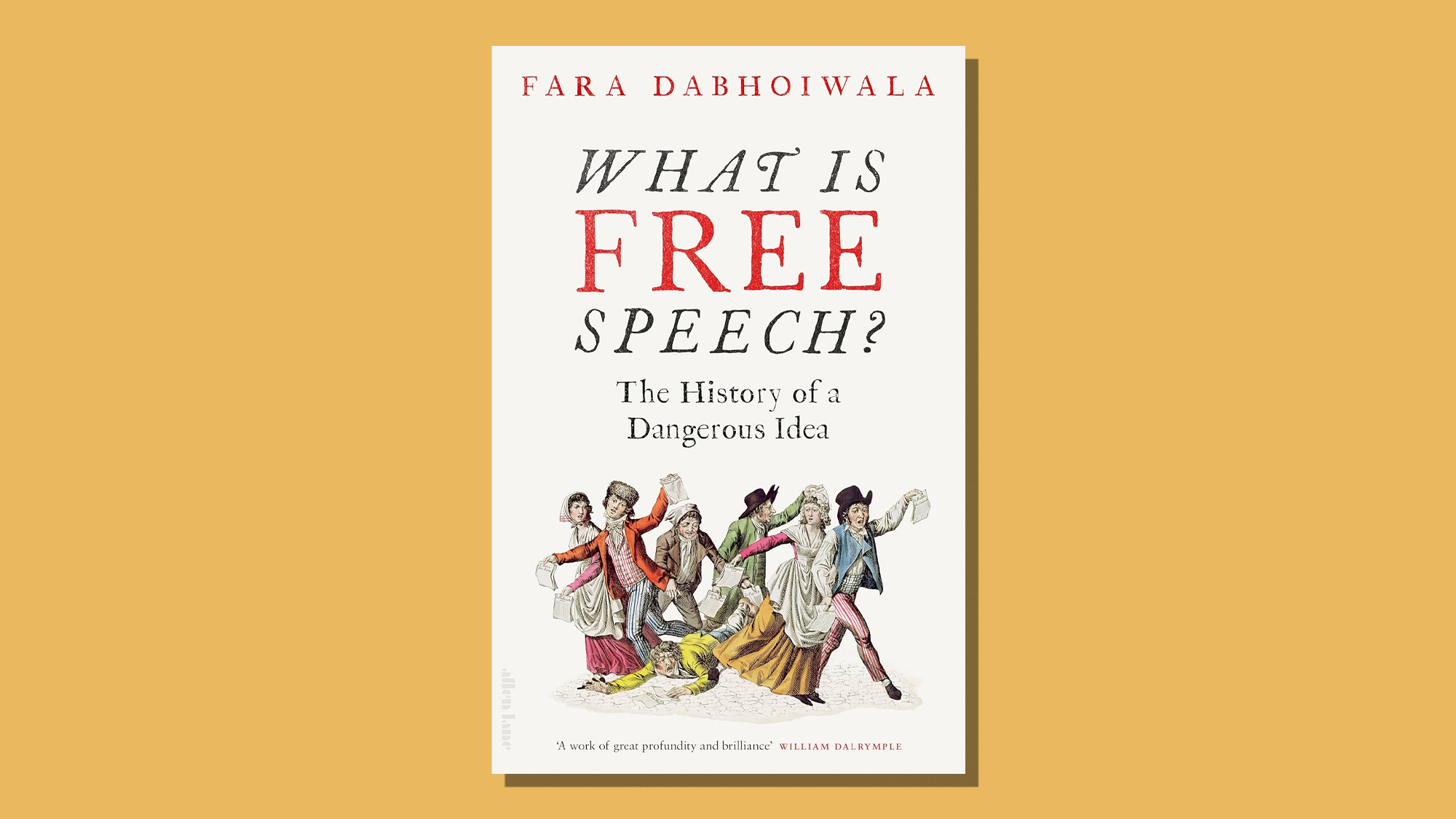What is Free Speech?: a 'meticulous' look at the evolution of freedom of expression
Fara Dabhoiwala provides both history and critique while 'correcting misconceptions'

A free daily email with the biggest news stories of the day – and the best features from TheWeek.com
You are now subscribed
Your newsletter sign-up was successful
This "meticulous and much-needed" history of free speech "arrives at an interesting moment", said Joe Moran in The Guardian.
In the US, Donald Trump has made "restoring freedom of speech" a cornerstone of his presidency – while branding his critics "enemies of the people", and demanding that words such as "equality" and "gender" be removed from government communications. But as Fara Dabhoiwala points out, such contortions are nothing new: free speech has always been a "complex and compromised ideal" – and one that has often served the interests of the "moneyed and the powerful".
A British historian based at Princeton, the author explores how the concept of free speech emerged from the "long struggles for religious toleration, which blurred into free-expression battles as print spread in the 17th and 18th centuries", said Edmund Fawcett in the Financial Times. He elucidates key texts – Cato's "Letters of the 1720s", John Stuart Mill's "On Liberty" (1859) – and usefully "corrects misconceptions", such as the idea that absolute free speech is a "foundational part" of American culture. While his arguments aren't always easy to follow, this is for the most part a "rich and wide-ranging history".
The Week
Escape your echo chamber. Get the facts behind the news, plus analysis from multiple perspectives.

Sign up for The Week's Free Newsletters
From our morning news briefing to a weekly Good News Newsletter, get the best of The Week delivered directly to your inbox.
From our morning news briefing to a weekly Good News Newsletter, get the best of The Week delivered directly to your inbox.
It certainly makes "many good and valuable points", said David Aaronovitch in The Observer. But Dabhoiwala's alarm about the way free speech can be exploited by extremists undermines his book. He says its early proponents were "mostly a bad lot"; and that ever since, the concept has been "weaponised" by the powerful for use "against the weak". Try telling that to the millions who live in genuinely repressive societies – or to Salman Rushdie, mentioned here only as a "free-speech absolutist". While there are "interesting things" in this book, it is worrying to think of the ways it could be used by "authoritarians of all stripes".
A free daily email with the biggest news stories of the day – and the best features from TheWeek.com